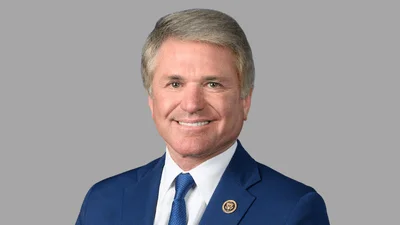Washington, DC - Senate Finance Committee Chairman Max Baucus (D-Mont.) welcomed this week the Government Accountability Office’s (GAO) report on the September 6, 2007, Joint Forum on Tax Compliance, which discussed methods to increase compliance with tax laws.
Though the report did not make any conclusions or recommendations, it did list a number of options that forum participants agreed were viable methods for cutting the tax gap, or the difference between what taxpayers pay voluntarily and what the law says they ought to pay. Sen.
Baucus has championed two of the forum’s listed options: increased reporting of tax information and tax preparer regulation.
“This report underscores that the tax gap is a serious problem that is not going to be easy to fix," Baucus said. “The complexity of our tax laws and the increasingly global economy are driving the need to take a good look at tax reform in order to maintain our nation's competitiveness, improve tax compliance and reduce taxpayer burden. I am holding a series of hearings on tax reform that will explore options to improve tax compliance and ideas to improve tax administration that will help reduce the tax gap without raising taxes on anyone."
The Joint Forum on Tax Compliance was a combined effort of the GAO, the Joint Committee on Taxation (JCT), and the Congressional Budget Office (CBO) to start a dialogue on options for closing the tax gap, which is the difference between the amount that taxpayers pay on time voluntarily and what they should pay under the law. The IRS estimates that the government lost
$290 billion to the tax gap in 2001, though forum participants agreed that these estimates are likely understated. The full text of the GAO report, Highlights of the Joint Forum on Tax Compliance: Options for Improvement and Their Budgetary Potential, can be found online at http://www.gao.gov/new.items/d08703sp.pdf.
All of the forum participants also agreed that the 84 percent of taxpayers who follow tax laws have to carry the extra burden left by those who don’t. The GAO predicted that closing the tax gap by a mere percentage point could produce an extra $3 billion annually, and said that reducing the tax gap would improve the nation’s fiscal stability.
“Most importantly, this is about fairness - this doesn’t raise anyone’s taxes," Baucus said.
“The sooner we get full tax compliance, the sooner we can lower the tax burden for honest Americans who abide by our tax laws. I look forward to working with the GAO, JCT, and CBO to explore options for reform."
Source: Ranking Member’s News









